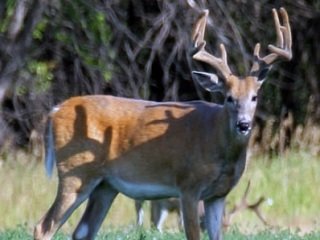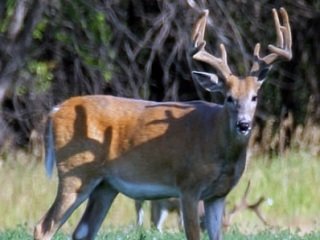 Any hunter who hopes to intercept a mature Whitetail buck in his own habitat needs to be in the right place at the right time. To be in that right place, you will either need occasional blind luck, or you will need to know where and when to ambush him. If you can find…
Any hunter who hopes to intercept a mature Whitetail buck in his own habitat needs to be in the right place at the right time. To be in that right place, you will either need occasional blind luck, or you will need to know where and when to ambush him. If you can find…








